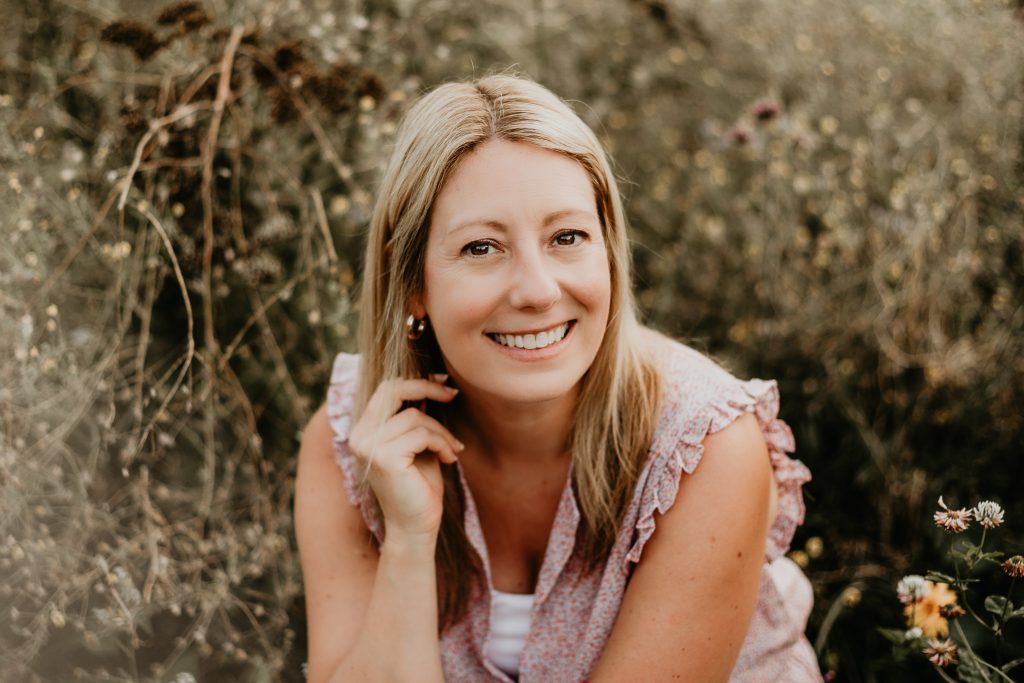This blog was written by Allison Olson. Being both an adoptee and an adoptive parent, Allison Olson has a unique perspective on the topic of adoption. She is an award-winning children’s adoption book author and her goal is to change the adoption narrative from the “lucky” child to the “loved” child. Allison lives in Oregon with her husband, two daughters, and their kitties named Bo and Aero.
Adoption has a profound impact on all members of the adoption triad (birth families, adoptive families, and the adoptee), but it has the largest impact on the adoptee.
Adoption can completely change the direction of an adoptee’s life. Consider even the details of any individual process —life could look drastically different for a child if they ended up in any different adoptive family waiting to adopt at the time of their adoption, or if the child had stayed with their birth family.
The psychological challenges that adoption separation causes for the adoptee can drastically range based on their own personality, emotions, DNA, other trauma, life experiences, and more.
It’s important to know this background to better understand why it’s essential to listen to adoptee voices, and especially that of adult adoptees.
How My Adoption Experiences Shape My Perspective
As both an adoptee and an adoptive parent, I have been asked before if being an adoptee has caused any conflict for me as an adoptive parent. I’d say the opposite. I think it helps me to better understand certain situations and potential emotions, but only up to a point.
I am after all only one person, with my one lived experience, so even for me it’s crucial to listen to other adult adoptees and their lived experiences to help give me a more well-rounded view of perspectives on adoption.
While it’s helpful to listen to adoptee voices year-round, it’s especially important to listen to adoptees during National Adoption Awareness Month (NAAM). Some adult adoptees only feel comfortable speaking out this time of year. Additionally, their content tends to be well thought out and planned in advance with more educational subject matter.
Why Should We Learn from Adult Adoptees?
As adoptive parents or prospective adoptive parents, we want to do everything in our power to be the best parents we can be.
We research baby equipment to make sure it’s safe, take a CPR class, learn about attachment disorders, read about different sleep training methods, listen to parenting podcasts, and even take time to read this article about adoption. Knowing that our babies will grow into adult adoptees and join this community, we need to be listening to their future peers as another way to better our parenting skills and keep our relationships strong with our children as they mature into adulthood.
Sometimes when I suggest to listen to adoptee voices, I hear from adoptive parents that they feel the voices are too “angry.” What I would offer instead is to keep in mind that if someone who has experienced trauma is trying to teach us something, their words or tone may not be friendly, but their message could still be one we need to hear.
Many people who have been through trauma struggle to be calm and friendly when talking about a very sensitive topic, which is understandable. Just know that if they are taking the time to communicate about this topic that they are putting themselves out there in a vulnerable way and so emotions could be higher.
I think sometimes it’s best to do what you would do in an in-person discussion with someone who is upset. Typically, if you were talking with a friend who was upset or triggered you would just sit, listen, and empathize. I think that’s typically the best action here too.
Sometimes in these conversations I try to imagine that it’s my child telling me these things. Then I think about how I could change my parenting to help be more understanding and reduce any future harm.
The adoption community has made huge strides since I was adopted in 1979 around laws, regulations, openness/contact with birth families, awareness, and specific language. Most of this is due to very vocal adoptees and other members of the adoption triad. There is much to learn from each other to continue to progress and move forward.

Learn more about the author:
Website: www.ouradoptionbooks.com
Social Media: @kidsbooksbyallisonolson (Facebook, Instagram, TikTok)


